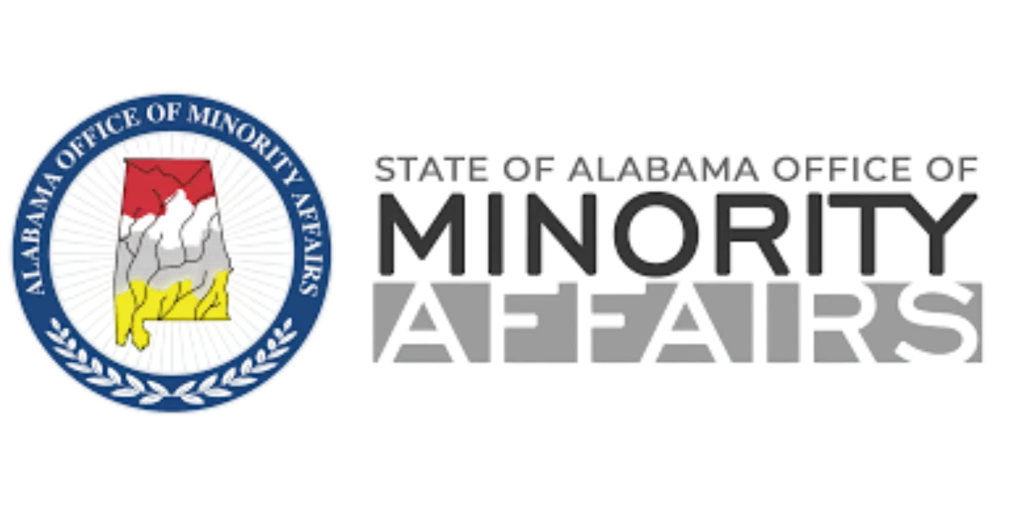The short-term rental market has seen explosive growth over the last decade, primarily driven by platforms like Airbnb and VRBO. However, with this growth comes the necessity for regulation. As of 2025, various regulations will be implemented to ensure that short-term rentals operate within legal frameworks. Understanding these new regulations is crucial for hosts, guests, and municipalities alike.
The Rise of Short-Term Rentals
Short-term rentals provide a unique opportunity for homeowners to monetize their properties while giving travelers alternative lodging options. However, this rise has led to concerns including:
- Housing affordability
- Neighborhood disruption
- Inconsistent safety standards
As a result, many jurisdictions are beginning to implement regulations in an effort to address these issues.
New Regulations Effective in 2025
The regulations set to take effect in 2025 are diverse and will vary from one location to another. However, several common aspects can be expected:
1. Registration Requirements
One of the primary changes is the mandatory registration of all short-term rentals. This will typically involve:
- Filling out an online application form.
- Paying a registration fee.
- Providing proof of ownership or authorized property management.
Hosts will be required to display their registration number in their listings to ensure compliance and enhance accountability.
2. Safety Standards
To improve guest safety, new health and safety standards will be enforced, including:
- Installing smoke detectors and carbon monoxide sensors.
- Compliance with fire safety regulations.
- Having emergency exit plans in place.
Failure to comply with these standards may result in fines or suspension of the rental permit.
3. Tax Collection and Remittance
Short-term rental hosts may be required to collect and remit local taxes, which helps fund public services. This includes:
- Occupancy taxes
- Sales taxes
Platforms like Airbnb are expected to facilitate this process by automating tax collection, but hosts should check local laws to ensure compliance.
4. Zoning Reforms
New zoning laws are likely to be introduced that may restrict short-term rentals to specific areas or properties. Key considerations include:
- Limitations on the number of rental days per year.
- Restrictions on whole-home rentals in certain neighborhoods.
- Requirements for homeowners to reside on the property for a certain period.
These changes aim to strike a balance between community needs and the interests of guests and hosts.
5. Insurance Policies
Hosts will also be advised to obtain liability insurance policies that cover damages and injuries incurred during guest stays. This is essential for protecting personal property and ensuring compliance with local regulations. An important point to note is:
- Verification of insurance may become a part of the registration process.
Why these Changes Matter
The introduction of these regulations aims to create a fairer market landscape for everyone involved. Benefits of adhering to the new regulations include:
- Enhanced guest safety and comfort.
- Protection for property owners against legal liabilities.
- Support for community cohesion by respecting residential neighborhoods.
How Hosts Can Prepare
To comply with the upcoming regulations, hosts should take proactive steps, including:
- Review Local Laws: Keep yourself updated on local regulations about short-term rentals.
- Register Your Property: Ensure you register your short-term rental before the 2025 deadline.
- Enhance Safety Measures: Install necessary safety equipment and check compliance with local safety standards.
- Seek Legal Advice: If unsure about specific regulations, consider consulting with a legal expert in rental laws.
- Communicate with Guests: Keep your guests informed about the changes and the property’s compliance status to build trust.
Conclusion
As the short-term rental market evolves, understanding and complying with the new regulations set for 2025 is essential for successful hosts. Not only do these regulations protect guests, but they also help maintain the integrity of communities. Preparing for these changes now will ensure a smoother transition when the regulations come into effect.
Stay informed, adapt, and thrive in the new era of short-term rentals!








